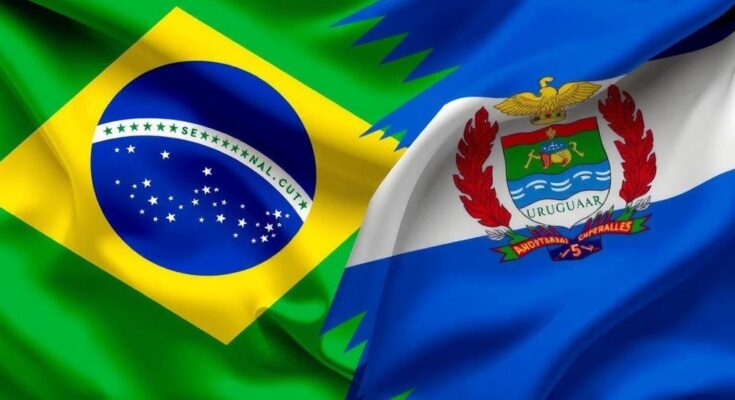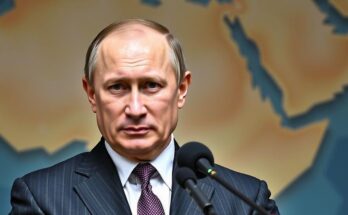Brazil views Yamandú Orsi’s election in Uruguay as an opportunity to strengthen alliances against Javier Milei’s ideology from Argentina. Insiders express optimism for increased collaboration in Mercosur and multilateral organizations, highlighting the strategic alignment of Brazil, Uruguay, and Bolivia against emerging political challenges in the region.
In light of Yamandú Orsi’s recent victory in Uruguay, Brazil perceives him as a strategic ally against the regional ideology propagated by Javier Milei in Argentina. This shift in political alignment has garnered significant attention in Brasília, where government insiders believe this development will foster a tighter political dialogue and collaboration in South America. Orsi, who intends to rely on former President José Mujica as a key advisor, is expected to facilitate joint initiatives, particularly within the framework of Mercosur.
Lula da Silva, the Brazilian President, promptly congratulated Orsi on his election victory, underlining the positive implications for regional cooperation. A Brazilian diplomat highlighted the coalitional strength emerging among Brazil, Uruguay, and Bolivia against Milei’s advancing ideology, although it is noted that Bolivia’s decision-making influence within the bloc remains limited.
Moreover, the Brazilian government anticipates enhanced cooperation through multilateral organizations such as the Community of Latin American and Caribbean States (CELAC) and the Brasília Consensus, an initiative introduced by Lula during his third presidential term and developed in partnership with Mujica. The evolving dynamics in South America suggest a concerted effort to counteract any ideological shifts that threaten regional stability.
The political landscape in South America is undergoing a transformation with the election of Yamandú Orsi in Uruguay. His ideological alignment with Brazil’s leftist government under Lula da Silva is perceived as a crucial counterbalance against the rise of Javier Milei, who champions a more right-leaning agenda in Argentina. The significance of this development lies in its potential to reshape alliances within the region, particularly in organizations serving economic and political expediency.
In conclusion, Yamandú Orsi’s victory represents a substantial opportunity for Brazil and its allies to present a united front against Javier Milei’s right-wing ideology. The anticipated closer cooperation among Brazil, Uruguay, and Bolivia may lead to significant strides within Mercosur and other multilateral frameworks. The political alignments forged in this context could both stabilize and redefine the regional landscape in South America.
Original Source: www1.folha.uol.com.br




